The second part of that headline: "Nobody mentions krypton and xenon that poured from Fukushima plant, says Gundersen — 2-3 times greater than Chernobyl" Japan Times via Enenews:
[...]
Experts waved away fears about radiation, cabinet ministers scoffed at comparisons to Chernobyl, and the word “meltdown” itself was effectively scoured from the media.
Some observers, however, were quick to hit the panic button. One of the best known was U.S. antinuclear campaigner Arnie Gundersen, who predicted that the disaster would lead to 1 million extra deaths from cancer.
[...]
Gundersen, a nuclear engineer, says [the official release amount is] an underestimate. He puts the release of cesium at about half that of Chernobyl, and says little attention has been paid to radioactive gases, Xenon and Krypton, which poured out of the No. 1 plant in quantities “two to three times” greater than the 1986 Ukraine meltdown. He is sticking to his original alarming estimate of cancer fatalities.
[...]
Gundersen bases much of his assessment of Fukushima on what he learned from America’s worst nuclear accident, the 1979 partial meltdown at the Three Mile Island plant in Pennsylvania. As an expert witness during the probe that followed, Gundersen said the official estimate of radioactive releases there was also much too low. “You have to remember, we don’t know how much radiation was released. It’s guys like me who have to calculate it.” His assessment upped the official radiation figure for the accident by five times. “I’m dead sure that’s too low,” he says, adding that he believes the true figure could be 15 times higher than the industry estimate.
[...]
He cites the work of Steve Wing, an epidemiologist who says he has tracked 10,000 extra deaths from lung cancer in the first six to seven years after the accident.
“The same gases (Xenon and Krypton) that caused those cancers leaked out of the containment vessel at the Daiichi (No. 1) plant,” he says. “Nobody is talking about it.” He says the gases quickly disperse and are notoriously hard to measure. Other emissions are more straightforward. Plutonium is heavy and does not widely disperse. Cesium is relatively easy to track.
[...]
Future overheard statement heard just about anywhere in the world: "Nobody told me Fukushima was this serious! Why didn't anybody do anything?" "No; Lots of experts said Fukushima was serious. You just didn't listen. .. And now we're all dead. The End!"
[...]
Experts waved away fears about radiation, cabinet ministers scoffed at comparisons to Chernobyl, and the word “meltdown” itself was effectively scoured from the media.
Some observers, however, were quick to hit the panic button. One of the best known was U.S. antinuclear campaigner Arnie Gundersen, who predicted that the disaster would lead to 1 million extra deaths from cancer.
[...]
Gundersen, a nuclear engineer, says [the official release amount is] an underestimate. He puts the release of cesium at about half that of Chernobyl, and says little attention has been paid to radioactive gases, Xenon and Krypton, which poured out of the No. 1 plant in quantities “two to three times” greater than the 1986 Ukraine meltdown. He is sticking to his original alarming estimate of cancer fatalities.
[...]
Gundersen bases much of his assessment of Fukushima on what he learned from America’s worst nuclear accident, the 1979 partial meltdown at the Three Mile Island plant in Pennsylvania. As an expert witness during the probe that followed, Gundersen said the official estimate of radioactive releases there was also much too low. “You have to remember, we don’t know how much radiation was released. It’s guys like me who have to calculate it.” His assessment upped the official radiation figure for the accident by five times. “I’m dead sure that’s too low,” he says, adding that he believes the true figure could be 15 times higher than the industry estimate.
[...]
He cites the work of Steve Wing, an epidemiologist who says he has tracked 10,000 extra deaths from lung cancer in the first six to seven years after the accident.
“The same gases (Xenon and Krypton) that caused those cancers leaked out of the containment vessel at the Daiichi (No. 1) plant,” he says. “Nobody is talking about it.” He says the gases quickly disperse and are notoriously hard to measure. Other emissions are more straightforward. Plutonium is heavy and does not widely disperse. Cesium is relatively easy to track.
[...]
Future overheard statement heard just about anywhere in the world: "Nobody told me Fukushima was this serious! Why didn't anybody do anything?" "No; Lots of experts said Fukushima was serious. You just didn't listen. .. And now we're all dead. The End!"
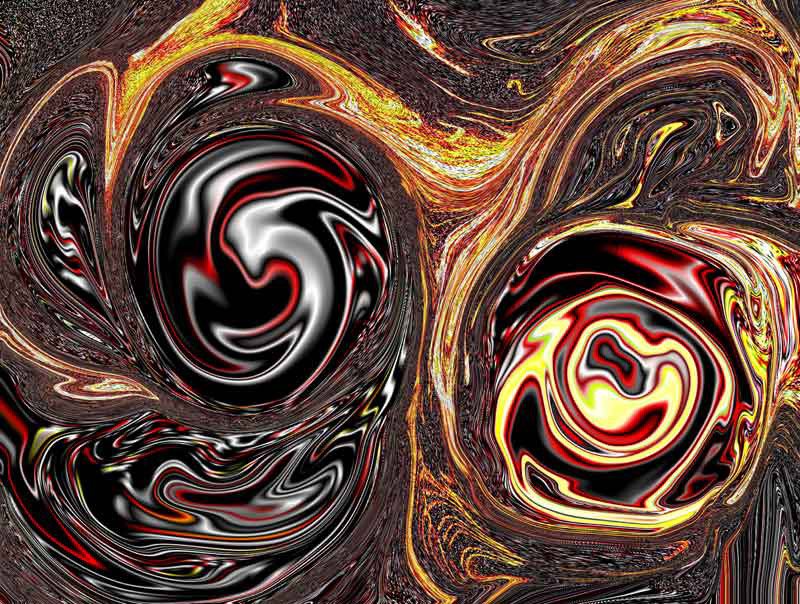
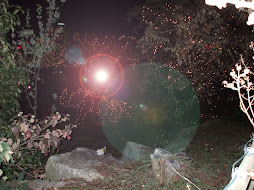


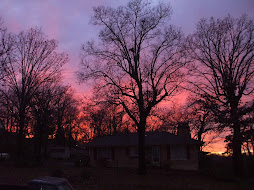
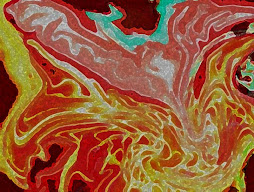



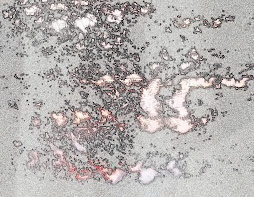




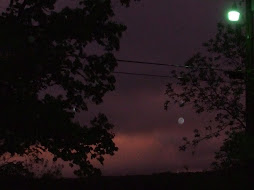
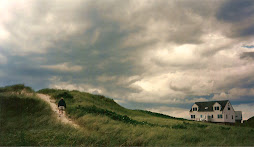
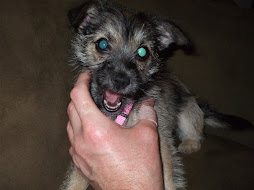






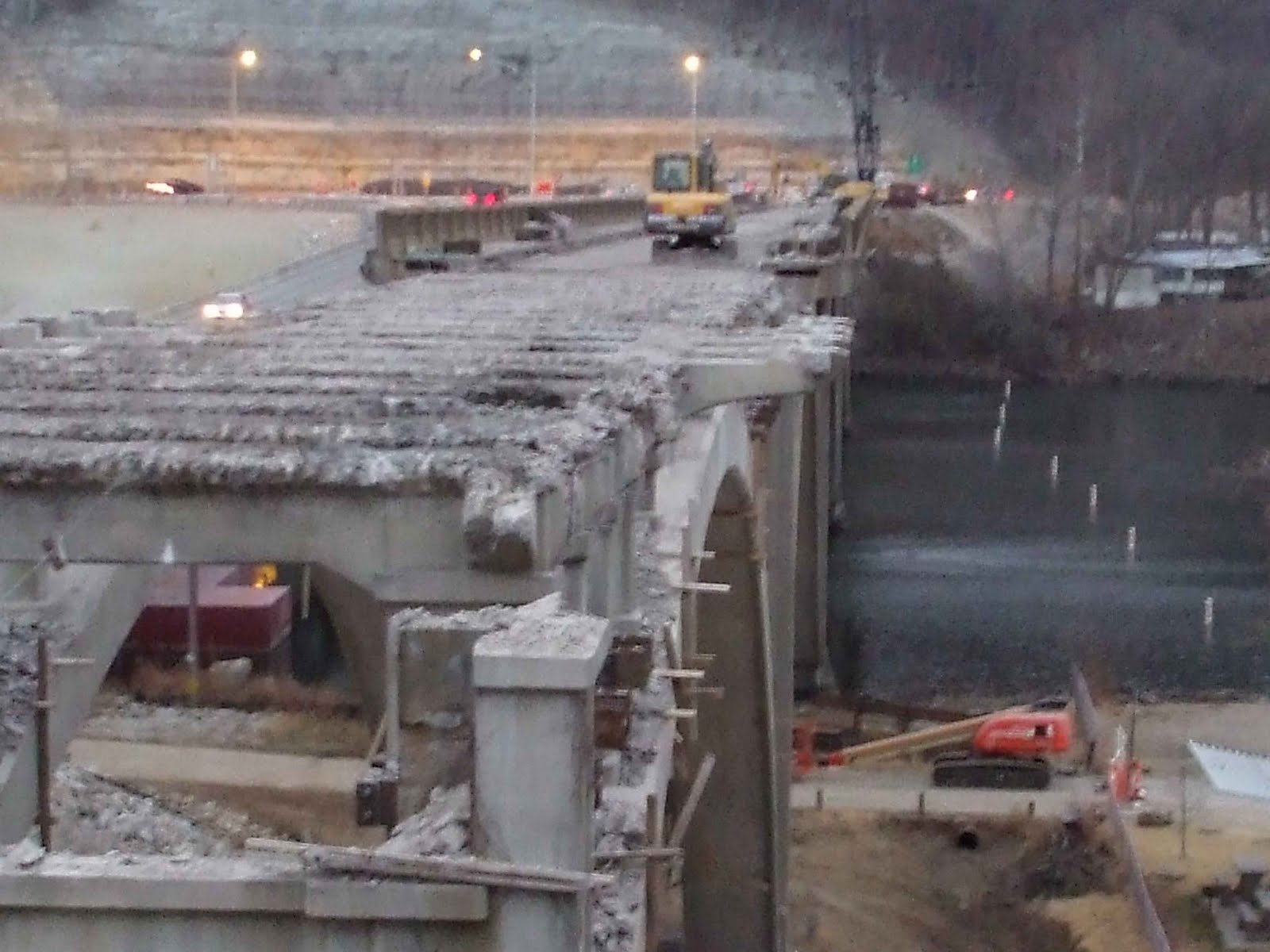




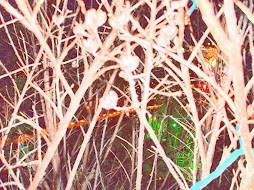

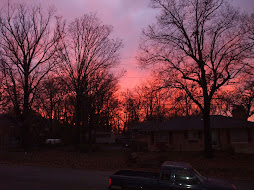












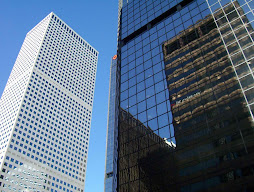





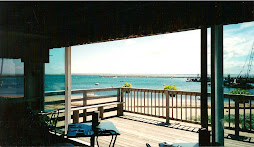
















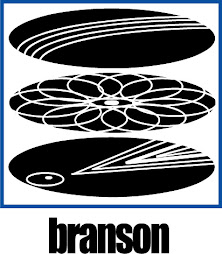






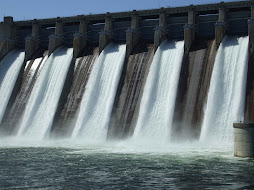


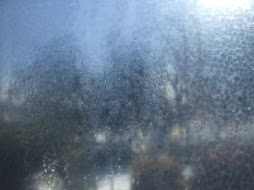

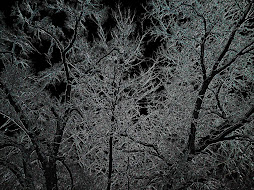


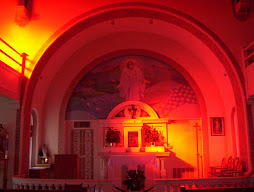





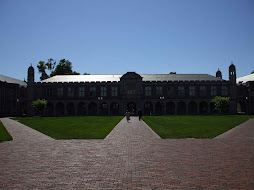
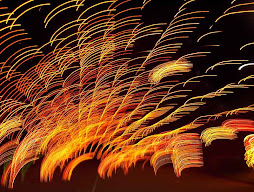







No comments:
Post a Comment